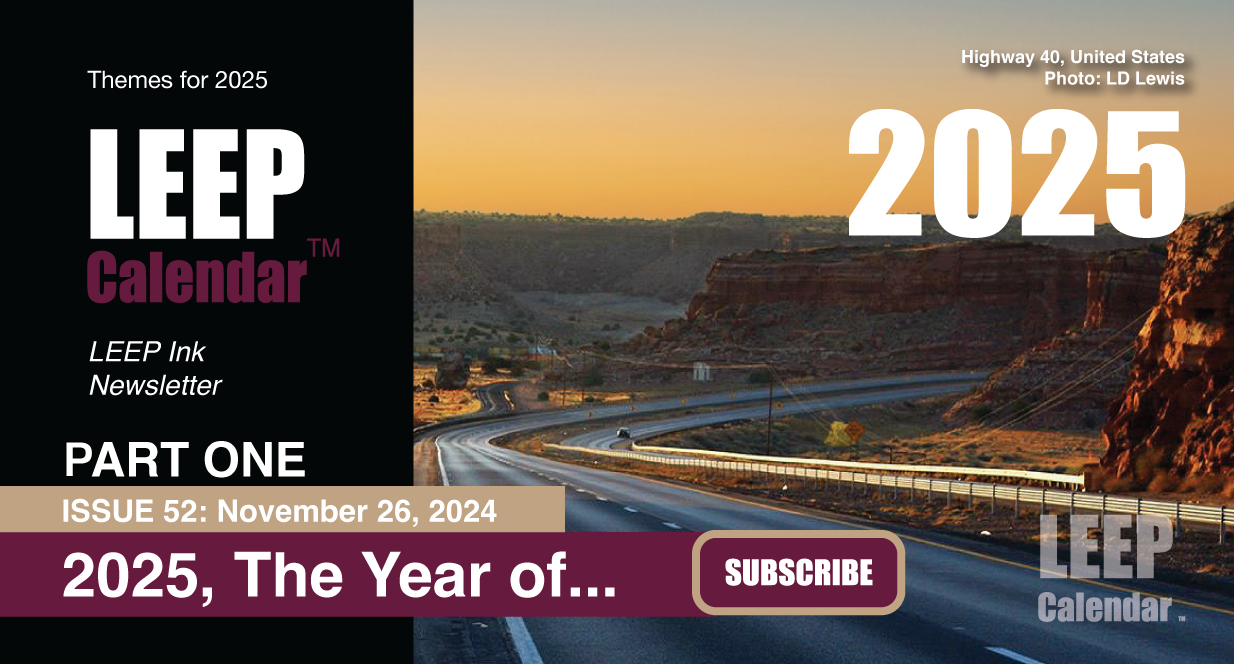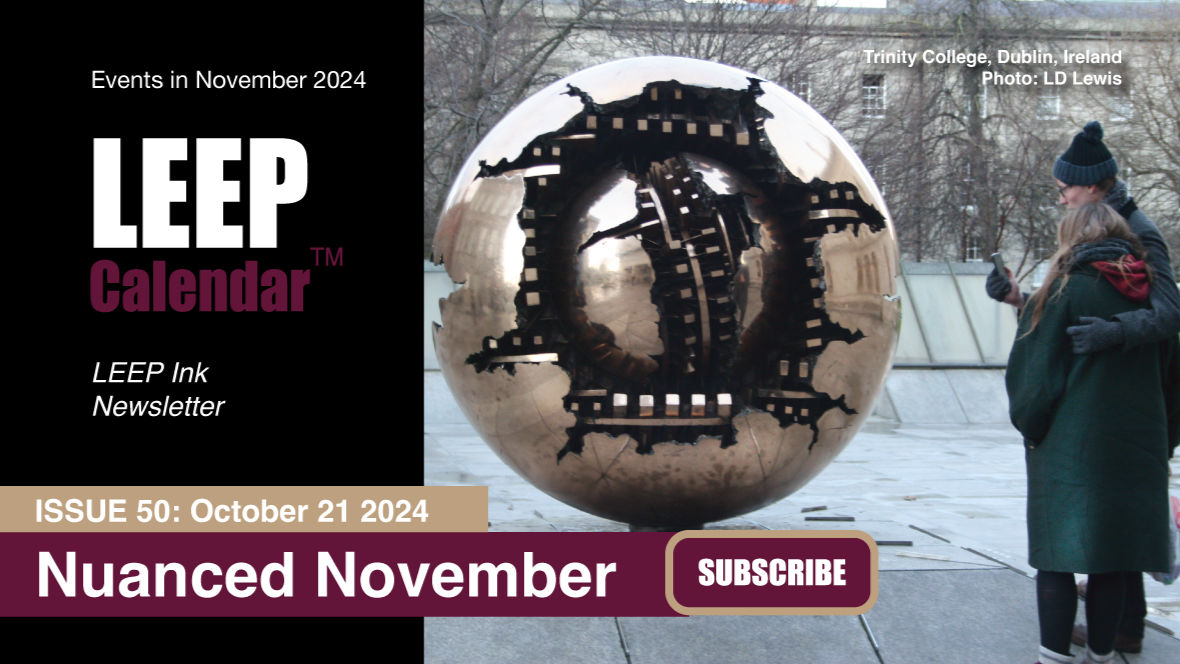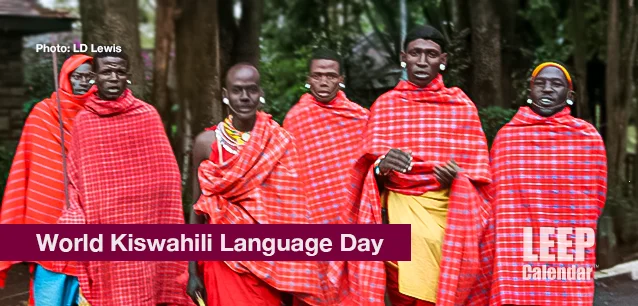 AD
AD
Today is: December 22
Scroll to explore events active on this date.
Additional Events on LEEP
LEEP INK FEATURES

2025 is the Year of...
21 Themes and 'Year of' Events for 2025 PART ONE, THE FIRST 12 Every year, various organizations announce the theme for the year. These themes can focus on causes, such as aesthetics and color tre...

Nuanced November 2024
November is the start of the holiday season in many parts of the world. It is a time for family, football, food, shopping and decorating, particularly in the Christian and Jewish world, leading to Christmas and...

December's Gift
Events in December 2024. Well, we made it to December. December is the holiday season, particularly in Western nations, where Christianity and Judaism are the faiths most common in the nation's past. ...
About World Kiswahili Language Day
Education , Africa
Ends: Jul 07, 2024
DESCRIPTION:
In the 1950s, the United Nations established the Kiswahili language unit of United Nations Radio. Today, Kiswahili is the only African language within the Directorate of Global Communications at the United Nations. The UN General Assembly, through its resolution 71/328 of 11 September 2017, advocated for a day dedicated to each of its official languages to promote awareness of their history, culture, and use. The resolution also encouraged the expansion of this initiative to other non-official languages spoken globally.
In response, the 41st session of the General Conference of UNESCO adopted resolution 41 C/61, which recognized the role of the Kiswahili language in promoting cultural diversity, fostering dialogue among civilizations, and advancing multilingualism as a core value of the UN. As such, UNESCO proclaimed 7 July each year as World Kiswahili Language Day, making Kiswahili the first African language to be recognized in such a manner by the UN.
Kiswahili, a Bantu language, is one of the most widely spoken African languages, with over 200 million speakers and more than a dozen main dialects. It is a common form of communication in many parts of sub-Saharan Africa and the Middle East, bridging both past and present.
VIDEOS
Currently, this event does not have supporting videos.
SUPPORTING DOCUMENTS
Currently, this event does not have supporting documents.
ADDITIONAL IMAGES
Currently, this event does not have supporting images.
Where would you like to go now?
 AD
AD


/footer-logo.svg)
